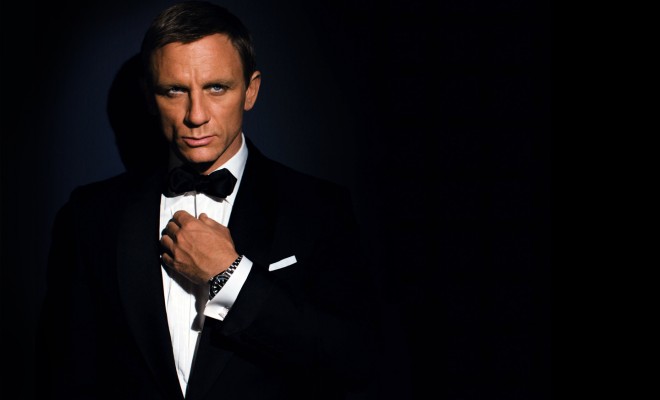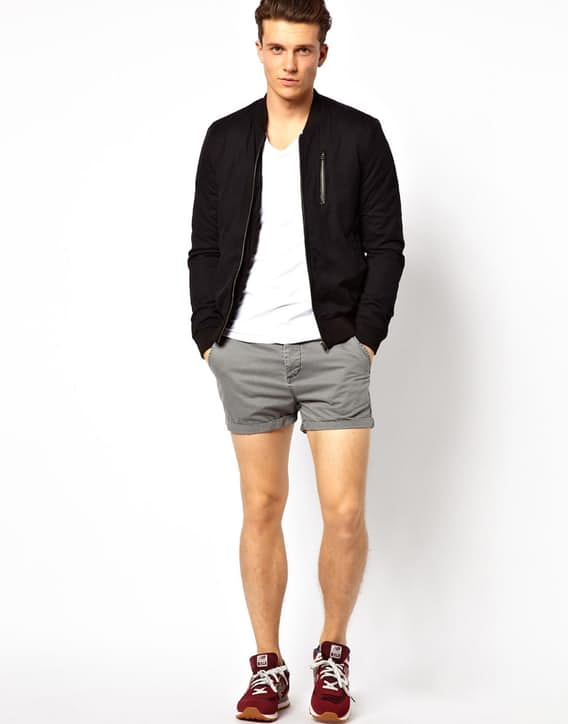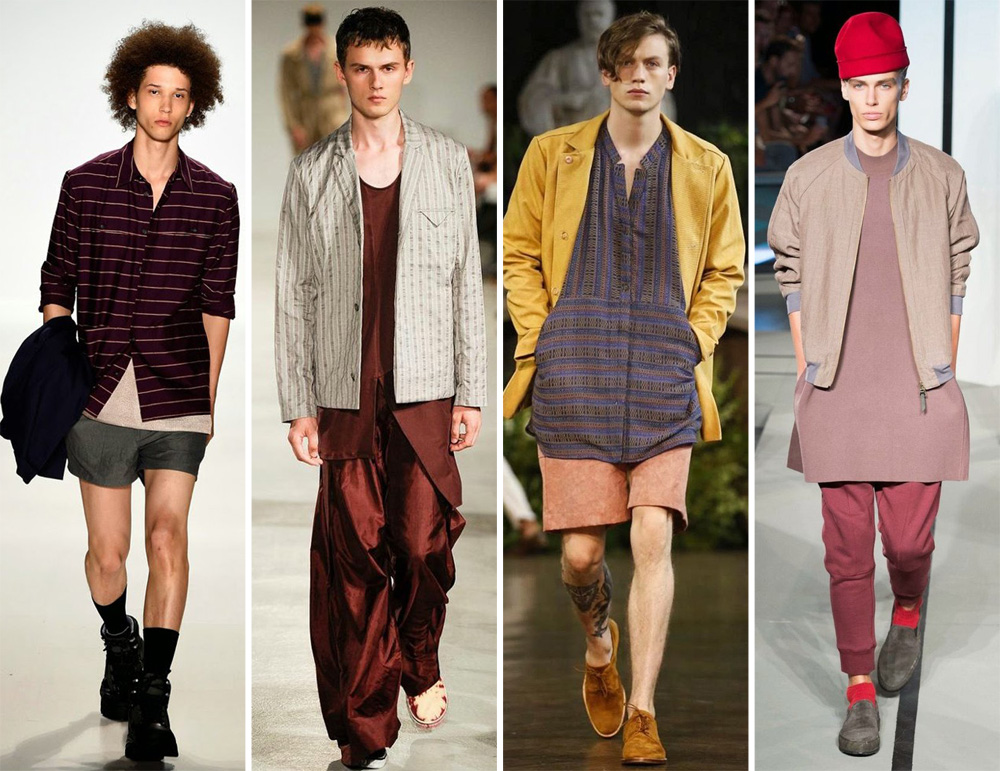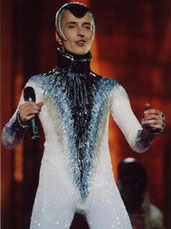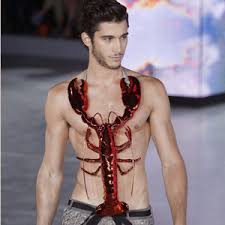What Every Trader Needs to Know About Underwear, Pajamas and Red High Tops
You might wonder why it’s important to look sharp, in order to trade sharp, even if you’re all alone in your home office, have no boss to report to and might have no one to impress.
Well, it’s because the most important person to impress is you—and a number of studies show that the way you dress goes well beyond petty vanity: It affects everything from your hormones to your heart rate. And, it has a say in how creative and strategic your thinking is.
Forget about how others perceive you. In fact, if you’ve already decided to quit your day job and embark on a day-trading career as your own boss, you’re probably one step ahead of this game. But, dressing for success is about much more than the perceptions of others. It’s about your own perception of yourself and, as it turns out, there is some powerful biological voodoo at work here.
According to the Social Psychological and Personality Science journal, wearing formal business attire increased abstract thinking in cognitive testing—and abstract thinking is critical for creative and long-term strategy development. Why? Well, the study surmises that this effect is the result of a feeling of power that comes from your clothes. (This just outright negates the notion that it’s okay to trade in your underwear.)
In some alternate universe (from a trader’s perspective), where people have to undergo stressful job interviews, showing up to an interview in, say, sweat pants or even casual jeans and a shirt (the bare minimum of fashion effort) won’t get you very far—and not just for obvious reasons. One study of three groups of people, as shown in the Journal of Experimental Psychology: General, shows that when it came to negotiating, those dressed fashionably made much better deals. But, here’s where it gets really interesting: Those who were dressed “uninspiringly” showed lower testosterone levels, which hindered their ability to negotiate.
Download a PDF version of this post.
Balancing Perception and Uniqueness
So, even though the perception of others isn’t the most critical thing behind dressing for success—and we’re much more concerned about the affect clothes have on your own psychology—you might be interested to know what’s going through the minds of others, when they see you.
It’s seems to be overwhelmingly the case that people want clothing to match their own expectations. In other words, people want scientists to wear lab coats.
People expect, and therefore want, doctors to wear green or blue scrubs and they want investment bankers to don blue/black suits. They want predictable. Everyone in uniforms! Fine. There is comfort in this, from the perspective of the masses. But, at the same time, they like a wee bit of divergence as well—so long as that divergence is subtle.
In all seriousness, a study of observers’ reactions to dress styles, published in the Journal of Consumer Research, found that people reacted positively to those who break the rules—but just a bit. As examples, according to an article published in Scientific American, the singular man wearing a red bow tie at a black-tie formal affair was viewed as “having higher status and competence.” The same was true for the eternally rebellious canvas Chuck Taylor shoe.
That study showed that a professor who wore red Converse was also considered of higher status and competence. Why? Because his slight deviation made him appear unique. Uniqueness is a sign of creatively of thought. Furthermore, it indicates a person’s level of power and confidence—enough so that he or she is not afraid of breaking the social norm, but does it with subtle taste.
The reverse of this red high-top story is also potentially true and powerful: When you do something unique with your outward appearance—something that doesn’t suggest a complete break with society (a la teenager), but instead steps just slightly out of the dictated norm—you empower yourself subconsciously. You may find that your trading habits benefit from this psychological boost to your creatively and confidence.
You Are What You Wear
As it turns out, according to Dr. Adam D. Galinsky, who led the study published in the Journal of Experimental Social Psychology, we think both with our brains and our bodies, simultaneously. So, what we wear is also important, in terms of what we can produce and what we can achieve.
“Wearing formal clothing leads to more big-picture thinking, rather than concrete thinking that focuses on the details,” study co-author Michael Slepian, a postdoctoral research scholar at Columbia Business School, said to The Huffington Post.
By the same token, Galinsky and his colleagues demonstrated their theory through three experiments. The first experiment saw two groups of students, one wearing white lab coats that they were told were doctor’s coats and the other wearing street clothes. Those wearing “doctor’s” lab coats made half as many errors in test questions as those wearing street clothes.
In a second test, three groups of students wore either doctor’s lab coats, painter’s coats or street clothes. Like the previous study, those who wore the doctor’s lab coat performed better than the other two groups, even though the painter’s coats and lab coats were identical (students were merely TOLD that they were wearing one or the other).
Clothes, according to the doctor, speaking to The New York Times, invade the body and brain, putting the wearer in a different psychological state.
It’s not difficult to imagine the effect of clothing on the brain when you consider Halloween (which is right around the corner, so you can test the theory yourself). Galinsky told the NYT that when he dressed as a pimp with a fedora, long coat and cane for Halloween, “When I entered the room, I glided in. I felt a very different presence.”
For traders, especially those who trade full time and work from home, clothing can be even more critical to psychological development and achievement. There can be a tendency to always dress down, because there’s no one to impress—but this can lead to a very deep rut from which it is difficult to crawl out. The better you look to yourself, the more confidence you’ll have in your trades. Keep to the psychology—even at home, and be your own standard.
So, ask yourself what you think a successful trader would wear (it doesn’t matter if it’s true, only what you believe is true) and try it on for size—even if you’re the only one at home. You’d be surprised how differently you’ll behave—and think.
